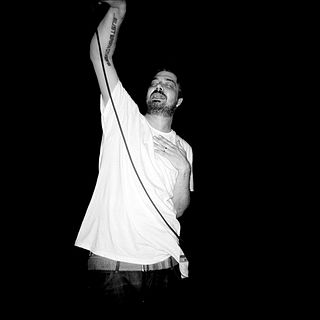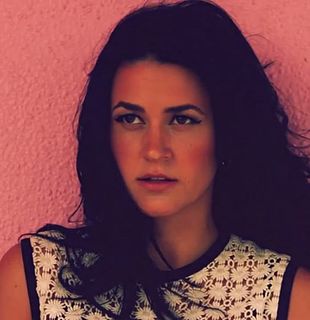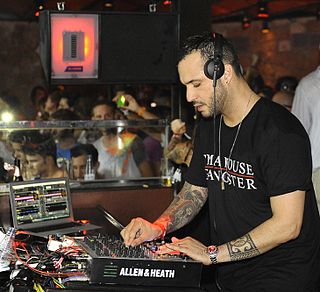A Quote by Troy Carter
Being born in the adolescent years of hip hop helped us learn about flux. And when you're in an industry that is constantly growing, changing, maturing... you get a chance to try different things out and a chance to fail.
Related Quotes
I think hip-hop has changed. When I first came out, hip-hop was more of a kind of way to learn about new places, new things. What are kids doing on the East coast, what are kids doing here. Then it left that and is like a party mode. I think it's going back to people wanting to get messages and wanting to learn things from the music.
I think we had to push forward to make sure it was different, do something that we had never done before and yet still have the consistency to stay in the same world. This was our chance to do all the things we didn't get a chance to do before. We've been working on these movies [Kung Fu Panda] for twelve years and we have to keep things exciting for us in order for us to devote that many years of our lives to do this.
Growing up in Miami, I had all these great, strong influences. Being Cuban and the Latin influence, but also the strong hip-hop influence. I know that people everywhere listen to hip-hop, but especially being from the South, you really get that influence. You go out, you party, and it's just always there.
Some artists are definitely trying to do different styles. Some, not a lot. But even from what you've seen [of] Outkast, Kanye West, and Lil' Wayne, and different people expressing their way of evolving in hip-hop. In the evolution of hip-hop, they're doing different things. And you've seen hip-hop have more of a global presence and impact on the world.
I'm born and raised in Dusseldorf, and my parents emigrated to Germany sometime in the '70s, so I grew up completely different from any other German. I found my love in hip-hop music. Hip-hop was delivering everything that I needed: the message, the lifestyle - everything. I fell in love with it and I'm still hip-hop.
Somewhere down the line, the evil ones stole the legacy of hip hop and flipped it to a corporate type of hip hop. They decided to tell everybody 'Well, this is what hip hop is,' instead of coming back to the pioneers and getting the true definition of what hip hop is and what it was and what we been pushing for all these years.
There needs to be structures in place to do something about misrepresentation about hip hop. When awards are given out and the media talk about hip hop, they're confused because they haven't done their homework on it so you have a case where there's an award for the most pop song in the world and it's called 'hip hop'.
In this time, we incorporate money and media, and it's split up like apartheid, where when you say "hip-hop," you think just rap records. People might have forgot about all the other elements in hip-hop. Now we're back out there again, trying to get people back to the fifth element, the knowledge. To know to respect the whole culture, especially to you radio stations that claim to be hip-hop and you're not, because if you was a hip-hop radio station, why do you just play one aspect of hip-hop and rap, which is gangsta rap?
I think that people have been claiming hip-hop as being dead since the moment it started. I think there are people - and I can be included in that category sometimes - that get frustrated feeling like maybe the industry has handcuffed itself, or trained its artists to do or think about music in a way that classically hasn't led to the greatest records in hip-hop.
You want to hire great people and give them the opportunity to fail. You need to let them figure things out as they go along. If they fail repeatedly, then you probably have to find a different person, but if you don't let people have that opportunity to fail, they don't get to learn and grow and try things.



































